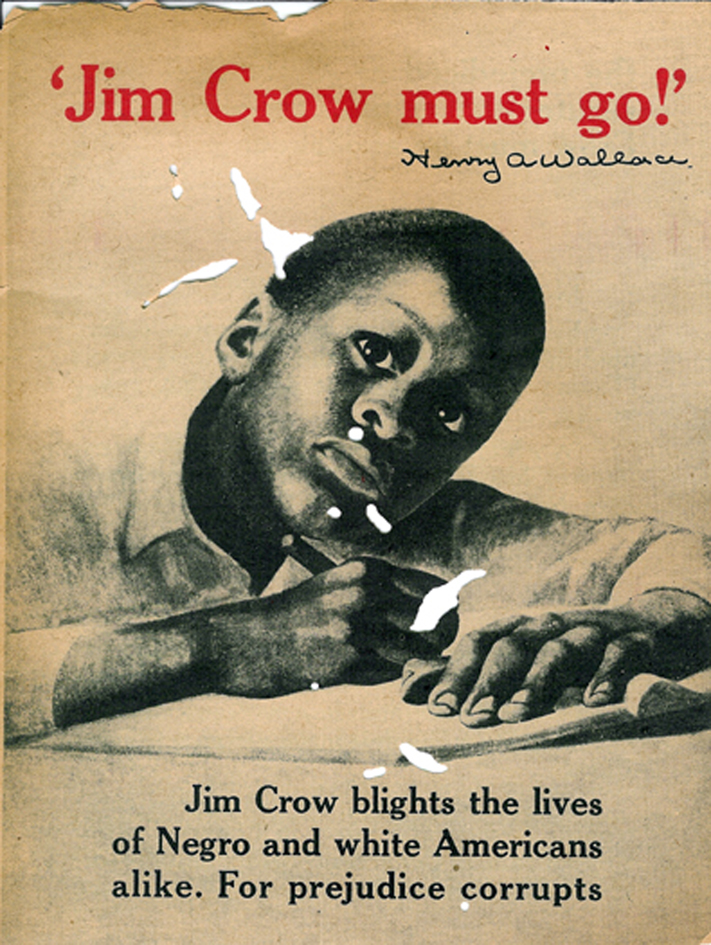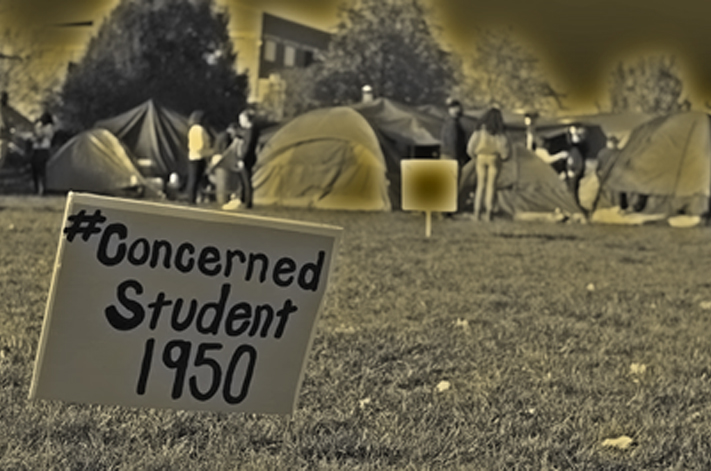Project Description
On this the fifth anniversary of President John F. Kennedy’s Address on Civil Rights empathyeducates would like to introduce the first of four installments written by Sherick Hughes, Ph.D. on the subject of “Troubling Jim Crow.”
Troubling Jim Crow: Installment #1
Originally Published on Monday, May 20, 2013 at History and Family Blog
with special thanks to the Author Dr. Sherick Hughes, and the creator of History and Family Blog, Christine E. Sleeter, PhD.
Just months before Dr. Christine Sleeter offered me the honor to serve as a guest write for her “History and Family blog,” I received one of the best holiday gifts of my adult life from a socially distant, but genetically close female cousin via http://www.ancestry.com. It would be the first and only photograph to emerge of my deceased paternal grandfather, Edmund Hughes (who was my female cousin’s great uncle). The aftermath of this gift deepened my interest in translating Sleeter’s (2013) critical family history across my nuanced Black family with a particular interest in committing to our history in critical ways that trouble Jim Crow’s incessant misinformation and dis-information (i.e., purposefully erroneous narratives).
Critical family history “applies insights from…critical theory… to an analysis of how one’s family has been constructed historically…within and through relations of power” (Sleeter, 2013). Therefore, the goal of this series of blogs is to describe the three key strategies that I have applied to analyze how my family has been constructed historically within and through power relations in North Carolina. I will share one key strategy in each of three blog installments. Ultimately, the compilation intends to describe how I (with assistance from my relatives) am beginning the process of troubling the faulty, oppressive intergenerational narratives and unsubstantiated rumors spread by Jim Crow with hopes that this process will inspire others to do so.
I am finding that critical family history can be a particularly useful methodological translation across the lived experiences of my family and me. Albeit unintended, the Black critical family history techniques shared in this blog echo those that have been applied in the final wave of family history discussed by Gardner (2003) in “Black and white: American genealogy and popular response.” For Gardner, it seems that my work here would represent a third wave of family history, because it not only intends to build on heritage studies, but also “makes visible how race, class, culture, gender, and other forms of difference and power played out in the family’s history” (Sleeter, 2013).
It is my sincere hope that the information shared in the three installments that follow will illuminate the potential of this kind of Black critical family history work. Perhaps, in the naming and sharing of such techniques, other Black scholar-activists and I may concomitantly empower ourselves further by gaining more complex, clear and transparent understandings of the “vexing issues of the present by unearthing how they played out in our own pasts, and how the present is linked to the past” (Sleeter, 2013). And, perhaps, we may find other ways to connect and apply Black critical family history to critical race theory in education (Dixson & Rousseau, 2006; and Lynn & Dixson, 2013).
References…
- Rousseau, C. K., Eds. (2006). Critical race theory in education. New York: Routledge.
- Gardner, E. (2003). Black and white: American genealogy, race, and popular response. The Midwest Quarterly 44, 148-160.
- Lynn, M. & Dixson, A. D. (Eds.) (2013). Handbook of Critical Race Theory in Education. New York, NY: Routledge.
- Sleeter, C. (2013). Critical Family History Blog. Retrieved May 19, 2013, at https://sites.google.com/a/christinesleeter.org/critical-family-history/Home/critical-family-history-theory
 Dr. Sherick Hughes, MA, MPA, Ph.D. is Associate Professor with Tenure, and Founder and Director, Interpretive Research Suite & Carter Qualitative Thought Lab Graduate Program Coordinator/Chair, Cultural Studies & Literacies Program Founder and Director, Black Alumni of the School of Education (BASE), School of Education, University of North Carolina, CB #3500, Peabody Hall, Chapel Hill, NC 27599
Dr. Sherick Hughes, MA, MPA, Ph.D. is Associate Professor with Tenure, and Founder and Director, Interpretive Research Suite & Carter Qualitative Thought Lab Graduate Program Coordinator/Chair, Cultural Studies & Literacies Program Founder and Director, Black Alumni of the School of Education (BASE), School of Education, University of North Carolina, CB #3500, Peabody Hall, Chapel Hill, NC 27599
This piece was reprinted by empathyeducates with permission or license. It may not be reproduced in any form without permission or license from the source. We thank the Author, Sherick Hughes,, Ph.D. and Family and History’s Christine E. Sleeter, Ph.D..











